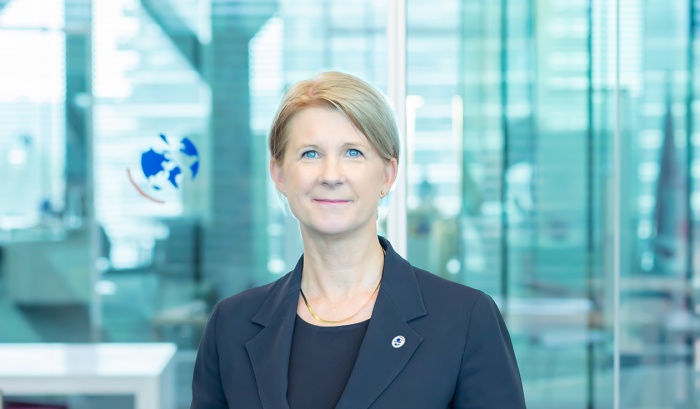Advancing Inclusive Brainstorming to Strengthen Future Peace Operations
The first UN Peace Operations Review Week was held in New York 5-7 November with the aim to generate innovative thinking and fresh ideas to inform the United Nations Review of All Forms of Peace Operations as requested by UN Member States in the 2024 Pact for the Future.
16 seminars and workshops were co-organized by the Challenges Forum, the Effectiveness of Peace Operations Network (EPON), the Global Alliance for Peace Operations (GAPO), the International Association of Peace Operations Training Centres (IAPTC), supported by Centre for International Cooperation - ZiF, Norwegian Institute of International Affairs, Global Governance Institute, International Peace Institute (IPI), the GCSP and other partners. United Nations Departments of Peace Operations and Political and Peacebuilding Affairs participated throughout in the seminars organized by some 30 organizations.
Building on the outcomes of the Berlin Peacekeeping Ministerial, trends and developments since, the Review Week gathered a global range of think tanks, practitioners, Permanent Missions to the UN and UN Secretariat officials to collectively brainstorm on the changing nature of conflict, peace operations and what will be required to make UN peace operations fit for the future.
In addition to supporting the planning of the overall Peace Operations Review Week, the GCSP co-hosted two workshops. On 6 November, “UN Policing and the Future of Peace Operations” was co-organized at and by the IPI in cooperation the Challenges Forum, the Permanent Mission of Sweden, Swedish National Police, the GCSP and ZiF. Initial results were shared by the GCSP at the UNPOL Day on 9 November and at the IAPTC on 10 November, Vicenza, Italy. A full report by the Review Week co-organizers will be shared in due course.
During the concluding parts of the UN Peace Operations Review Week in New York, we co-organised a workshop on the theme “2025 Peace Operations Review Week Findings: Implications for Future Education and Training” with the Permanent Missions of Pakistan and Switzerland to the UN, the Centre for International Peace and Stabilization in Islamabad, UN University Centre for Policy Research, and the Coventry University Centre for Peace and Security.
Although some 115 countries provide peacekeepers to UN missions worldwide, there are considerably fewer countries that contribute with significant numbers. We much appreciate the opportunity to co-host the workshop at the Permanent Mission of Pakistan - a top troop contributing country - and the Host of the International Association of Peacekeeping Training Centres Annual Conference (IAPTC) 2024, and its President in 2025.
The workshop provided an opportunity for the Peace Operations Review Week Sessions Leads, to pull together the implications for future education and training emerging from the Review Week. They identified overlaps and gaps, drew on evidence from training needs assessments and mission feedback, and thus helping to shape a more comprehensive and coherent training framework for the future.
Four key thematic considerations emerged. These include, the need to strengthen abilities to:
- Lead with integrity through change – strengthening leadership and building partnerships.
- Increase and strengthen the adaptability of systems and peacekeepers.
- Broaden the application of reflective, learner-centred training mechanisms.
- Innovate in areas with particular potential for training development by:
- Embracing and operationalising new technologies to the advantage of missions,
- More effectively addressing mis- and disinformation and hate speech,
- Scaling up training for mitigating climate risk and its impact, and
- Strengthening the mental health and resilience of peacekeepers.
For the full report, which was presented on 9 November at the International Association of Peacekeeping Training Centres Annual Conference at COESPU, Italy, and referenced during UNPOL Day 8 November, please find it here:
Disclaimer: The views, information and opinions expressed in this publication are the author’s/authors’ own and do not necessarily reflect those of the GCSP or the members of its Foundation Council. The GCSP is not responsible for the accuracy of the information. The note is a summary of discussions held and key proposals made. It does not necessarily reflect or represents the views of the co-hosting organizations, but is intended as a contribution to the ongoing reflections on the future of UN peace operations.




